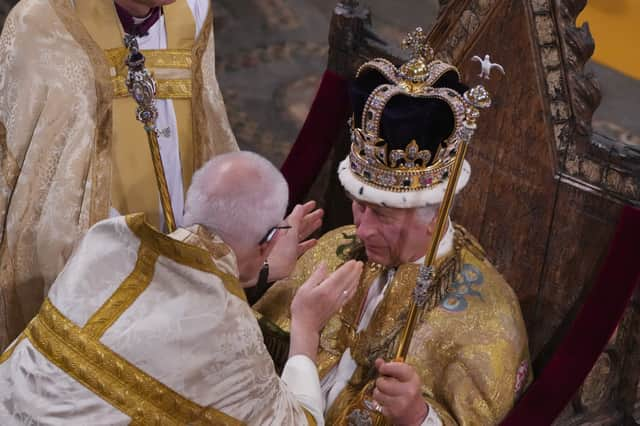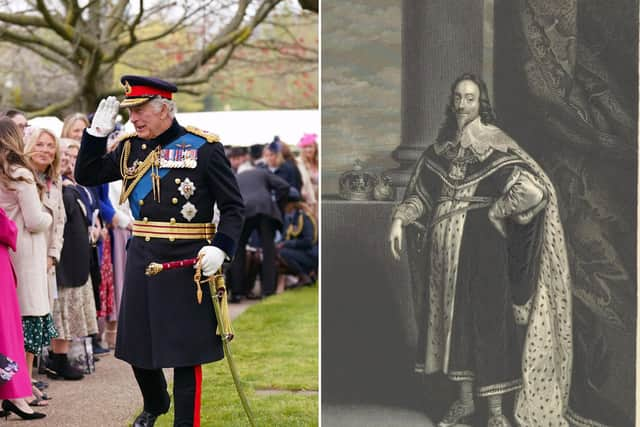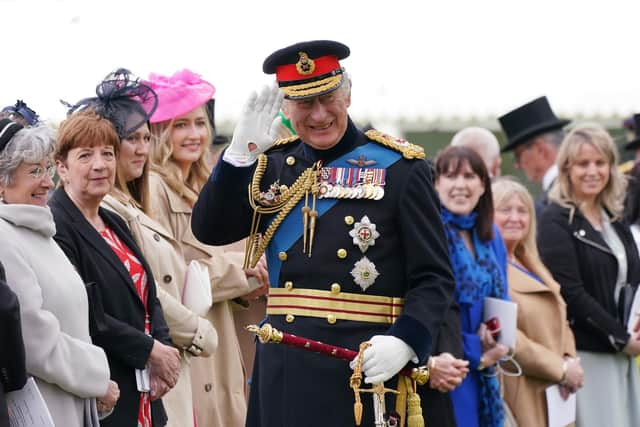What era are we in now in 2024? The Elizabethan era is over so what is the King’s called?


Periods of Britain’s history are usually categorised by the name of the monarch who sat on the throne at that time. This includes details like culture, fashion or architecture of that time - for instance Victorian architecture or Georgian culture.
For Her Majesty the Queen, who died in Balmoral on 8 September, 2022, her period of reign has been dubbed the ‘New Elizabethan Era’ by many, but what about her son?
Advertisement
Hide AdAdvertisement
Hide AdNow that the former Prince of Wales has become King Chales III, what era are we in now?
What era are we in now?
On the death of Queen Elizabeth II the UK left the ‘New Elizabethan Era’ and entered the ‘Carolean’ age. However, it remains to be seen how historians will refer to the period that King Charles III reigns over Britain.
Based on history, it is possible that this period may be called either the second/new Carolean or Caroline era.
When Charles I ruled over Great Britain and Ireland (1623 - 1649) his period was known as the Caroline Era, but when his son Charles II ruled from 1660 to 1685 it was changed to the Carolean era.
Both titles stem from ‘Carolus’, which is Latin for Charles.


Are new eras always named after monarchs?
Periods of British history are usually categorised according to the reigning monarch of the time. Sir Anthony Seldon, a constitutional expert, said that it is “inevitable” that this latest period of Queen Elizabeth II reign will be named after her, according to a Sky News report.
Presumably this should also apply to King Charles III. Historically, eras have always been named after their ruling monarch as they were thought of as most important above all else.


When was the New Elizabethan Age?
The ‘New Elizabethan age’ is the period during which Queen Elizabeth II reigned. It started with the death of her father, King George VI, in 1952 which saw the Queen crowned at age 27 and it ended after her death on 8 September 2022.
The first Elizabethan era, however, describes the period of time that Queen Elizabeth I, the daughter of King Henry VIII, ruled between 1558 to 1603.
Comments
Want to join the conversation? Please or to comment on this article.